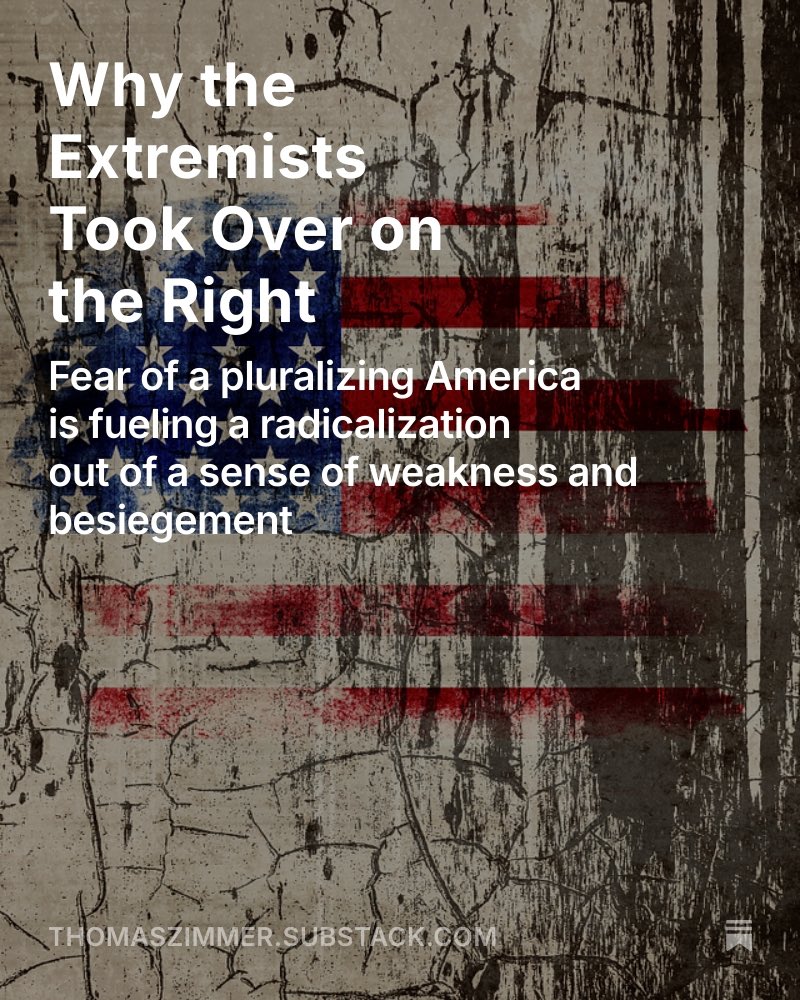It’s not grabbing the headlines, as it’s been coming for months. But this is still a disastrous decision for America and the world. I wrote and talked about the history of the World Health Organization and its relationship to the U.S. several times over the past few months 1/
https://twitter.com/nytimes/status/1280662898528878592
In May, I wrote about Trump attacking the WHO for the @washingtonpost, why it would only exacerbate the problems that have always hampered WHO’s effectiveness, and what the history of global public health can tell us about the best way forward. 2/
https://twitter.com/PostOpinions/status/1263099012086980613?s=20
I wrote an essay for @G_der_Gegenwart (in German) on the history of the WHO, the international community’s response to the threat of epidemics – and why the West needs to break out of the cycle of panic and neglect if we really care about global health. 3/
https://twitter.com/G_der_Gegenwart/status/1273138530391375874?s=20
This longer essay just came out in @redaktionmerkur, on the international response to pandemics from Cholera to Covid-19, emphasized how unusual that moment in the mid-1940s was when the idea of “world health” animated many of those who founded the WHO. 4/ merkur-zeitschrift.de/2020/06/23/das…
Here’s an interview with @swissinfo_de (available in several languages) about why much of the critique of the World Health Organization is based on a misunderstanding of the organization’s past and present. 5/
https://twitter.com/tzimmer_history/status/1273504023685943296?s=20
Back in May I went on the #InfectiousHistorians podcast to talk about the idea of global health and why the founding of the WHO in 1948 marked an important moment in the history of global health politics. 6/
https://twitter.com/MerleEisenberg/status/1261375216837689345?s=20
And a few weeks ago I participated in a @Harvard_History roundtable discussion on “Covid-19, the WHO, and International Society” 7/
https://twitter.com/erezmanela/status/1275404464053260294?s=20
Also from mid-June, this wide-ranging conversation with @dg_history on the political responses to and repercussions of Covid-19 starts with a 15-minute talk on pandemics in global history and the place of the World Health Organization in that story 8/
Finally, if you’re interested in a much more detailed exploration of the story, here’s my book on the history of global health politics in the 20th century (in German, unfortunately – although I’m working on getting an English version published) 9/ wallstein-verlag.de/9783835319196-…
I don’t have anything to add beyond what I’ve written or said publicly already – and I know we’re all pretty tired and have become numb to much of what is going on… But this is still really bad: It has the potential to harm a lot of people - while helping absolutely no one. /end
• • •
Missing some Tweet in this thread? You can try to
force a refresh






